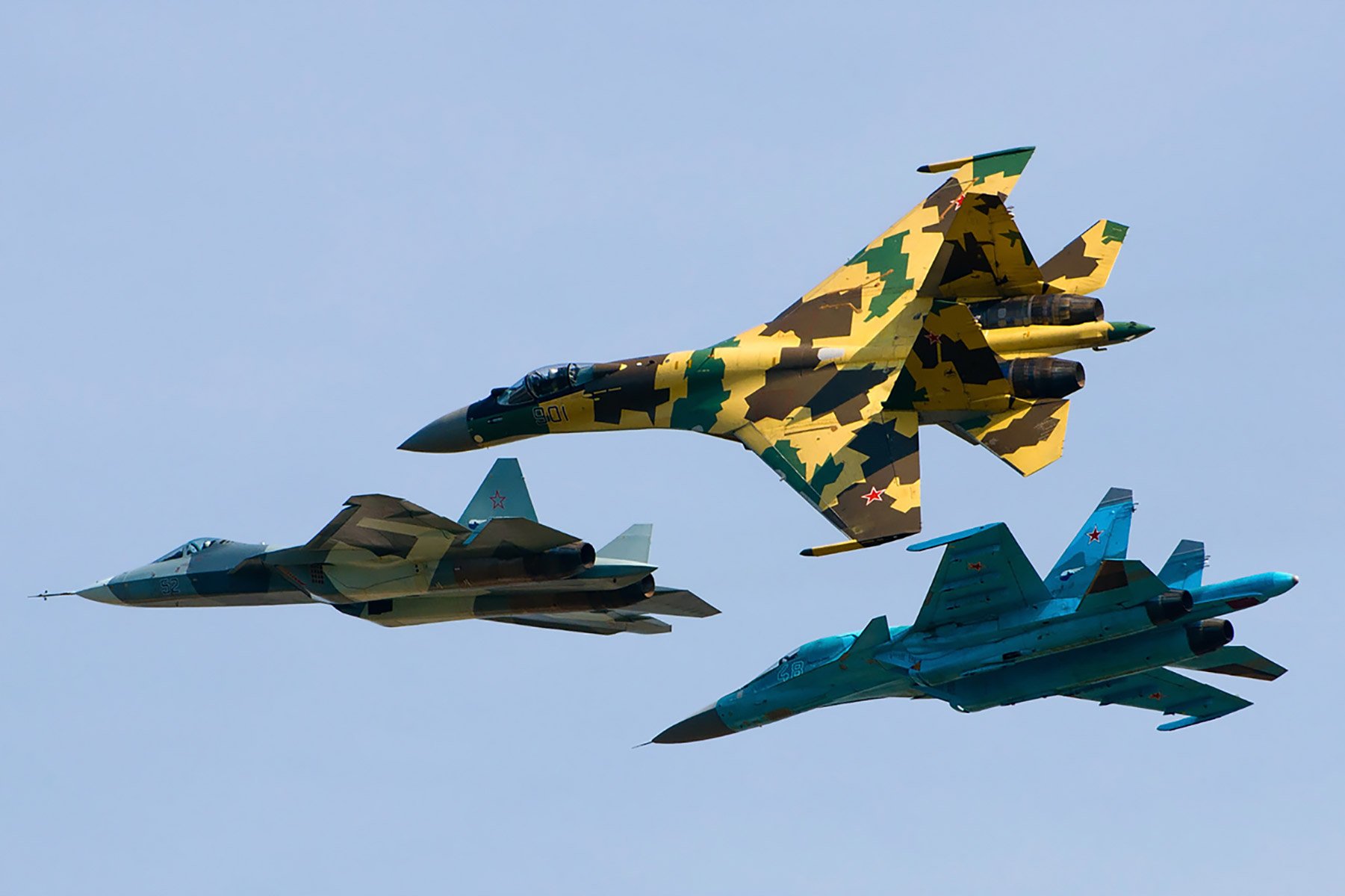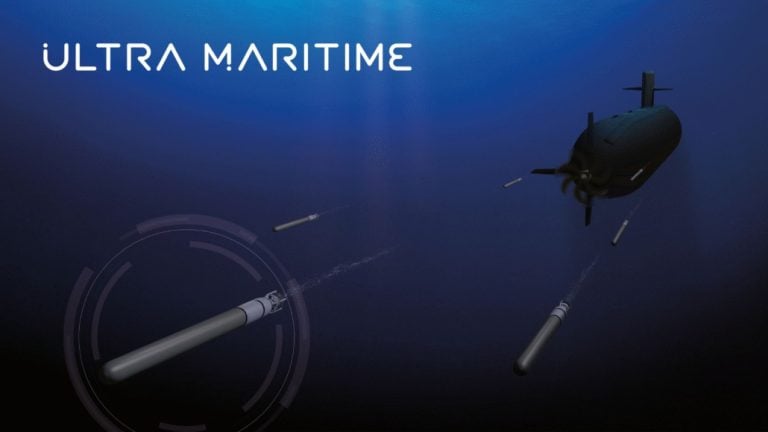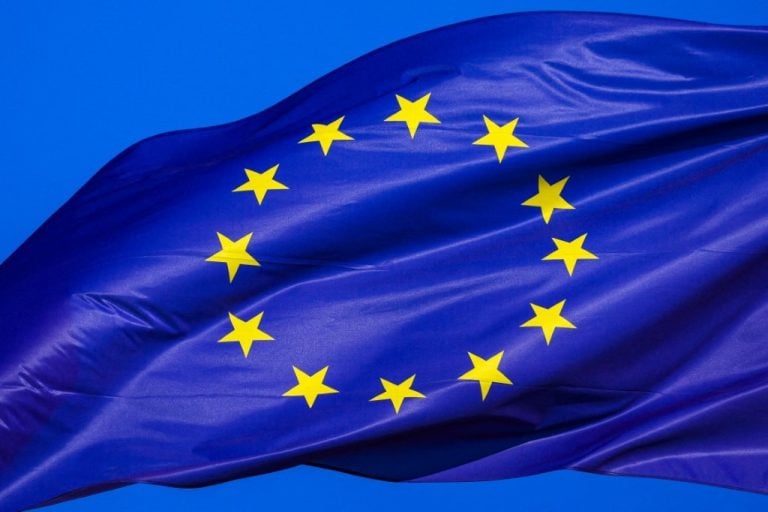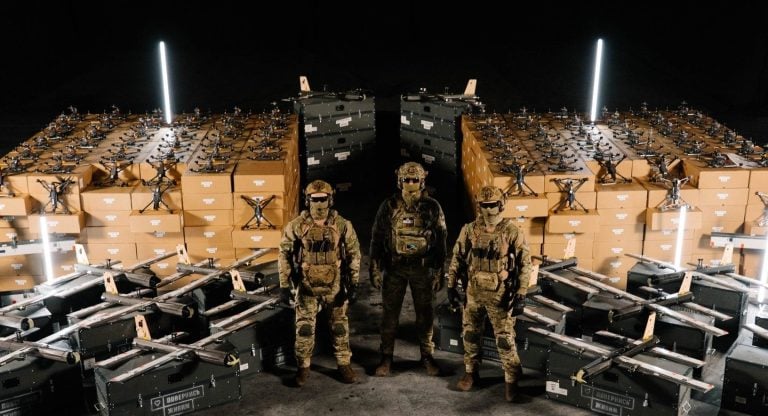Leaked documents purporting to originate from Russia’s state defense conglomerate Rostec indicate that Moscow is pursuing extensive negotiations for multi-billion-dollar fighter jet sales with Iran, Ethiopia, and Algeria. This development could mark one of Russia’s most significant arms export initiatives in recent years.
According to the documents published online by the hacker group Black Mirror on October 3, over 300 internal Rostec papers outline existing and proposed export contracts, including detailed pricing and delivery timelines for Sukhoi aircraft. Although the authenticity of these documents has not been independently verified, reports from the Ukrainian state-run agency UNITED24 suggest that their format and terminology closely resemble those of legitimate corporate records.
One highlight from the leaked information pertains to Iran, identified via a customer code linked to an estimated €6 billion ($6.9 billion) agreement for 48 Su-35 fighter jets. The projected delivery timeline extends from 2026 to 2028, and the aircraft are reportedly equipped with advanced radar and electronic warfare capabilities. Some documents indicate plans for partial assembly of the jets within Iran, supported by Russian engineers stationed in the country. Iranian lawmaker Abolfazl Zohrevand has confirmed that Russian MiG-29 aircraft have already been delivered, and that Su-35s are anticipated to gradually enhance Iran’s military capabilities in a longer-term strategy.
Ethiopia is also mentioned, with files indicating plans for the acquisition of six Su-35s, marking a potential milestone in the modernization of its air force in decades. Production of components is believed to have commenced in early 2024, facilitated through Rostec’s KRET division, which specializes in radar and avionics systems.
Algeria is listed as a potential buyer of 12 Su-57E stealth fighters alongside kits for Su-34 strike aircraft. If confirmed, this could position Algeria as the first nation in Africa to procure fifth-generation combat aircraft, further indicating Russia’s aspirations to re-establish itself as a primary arms supplier in the region.
While neither Russian officials nor the identified nations have validated these deals, the information aligns with prior reports suggesting Moscow’s intent to explore new defense partnerships in the wake of Western sanctions that have drastically impacted its exports—declining by 92 percent since 2021, according to the Jamestown Foundation.
Analysts caution that, despite the potential implications of these leaks, they have yet to be confirmed. However, if accurate, they could signify Russia’s most extensive export surge of fighter jets in over a decade, highlighting a shift in the global defense landscape.







